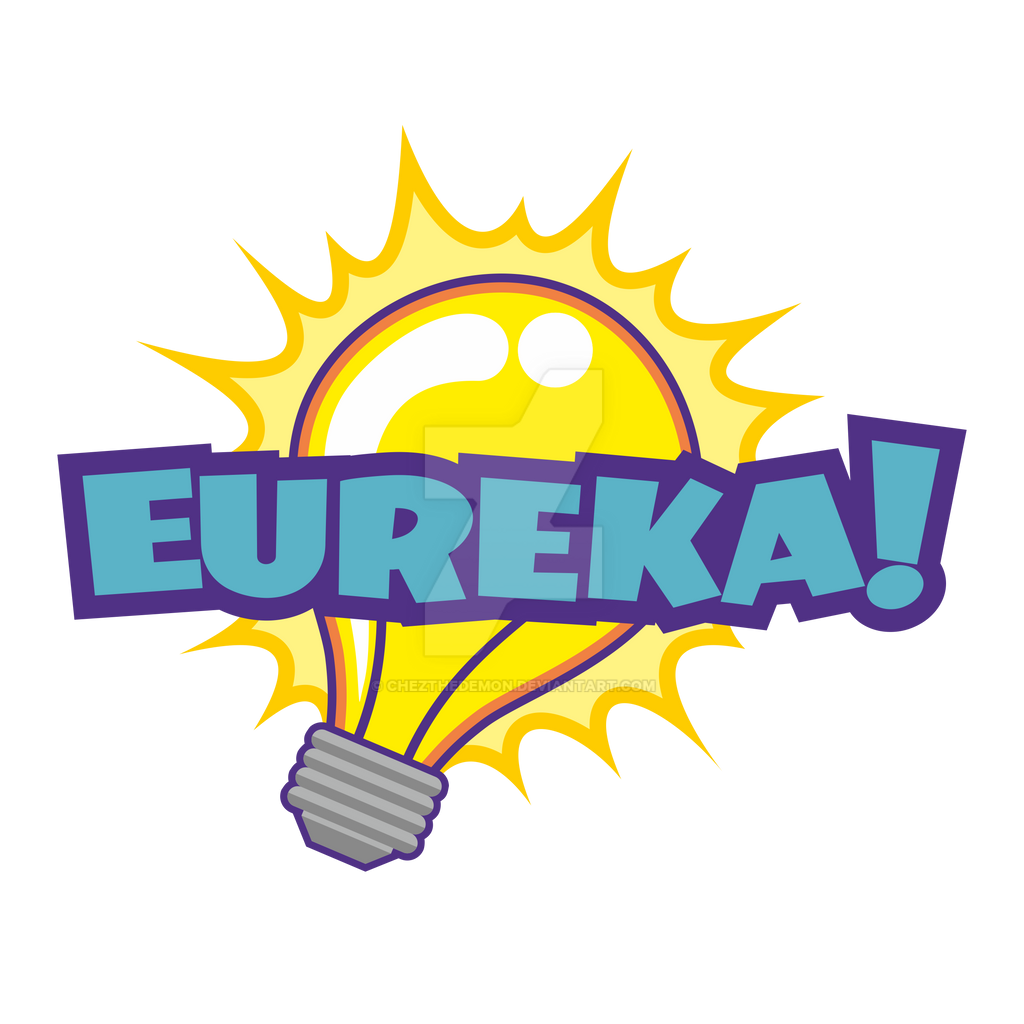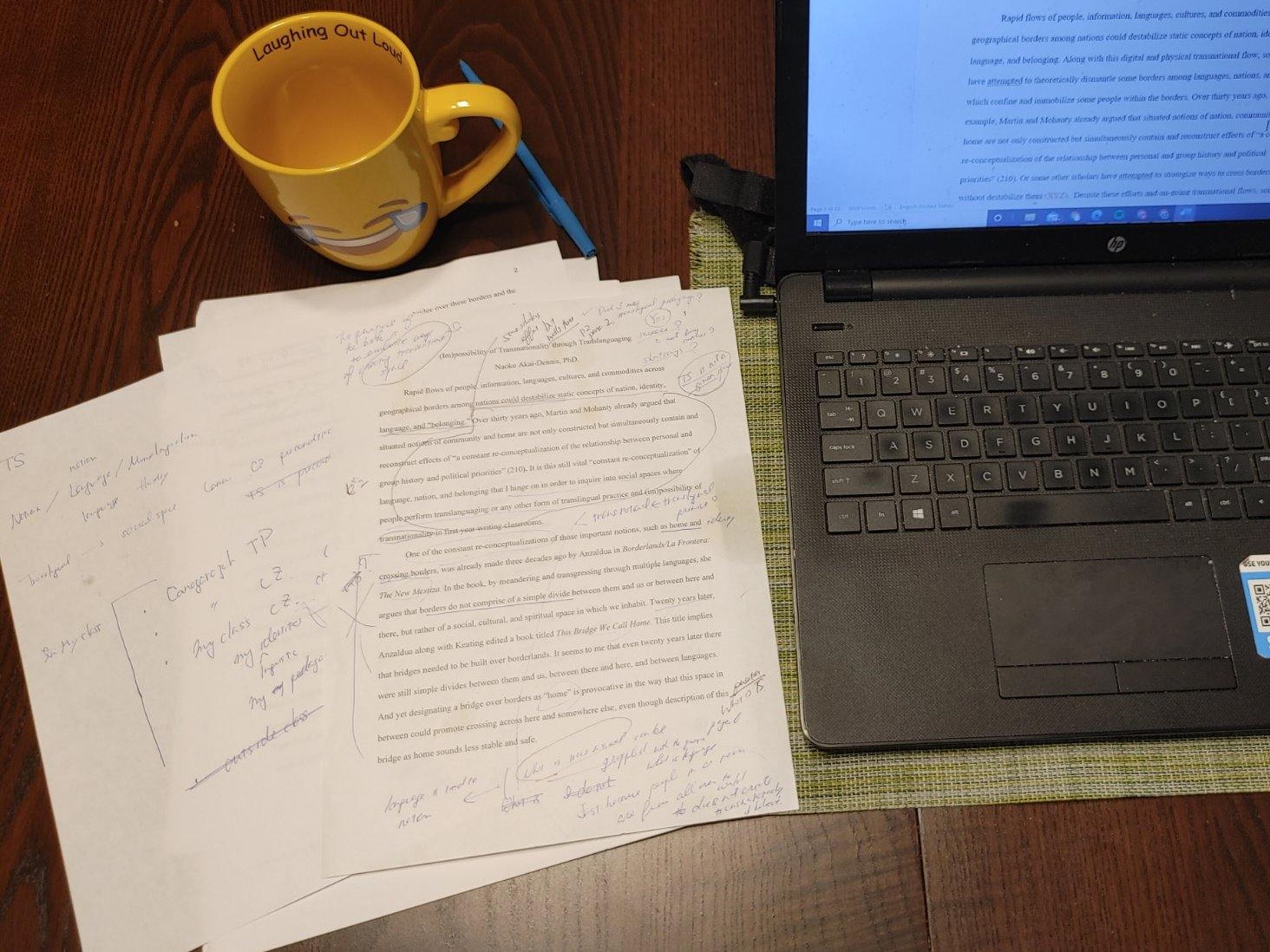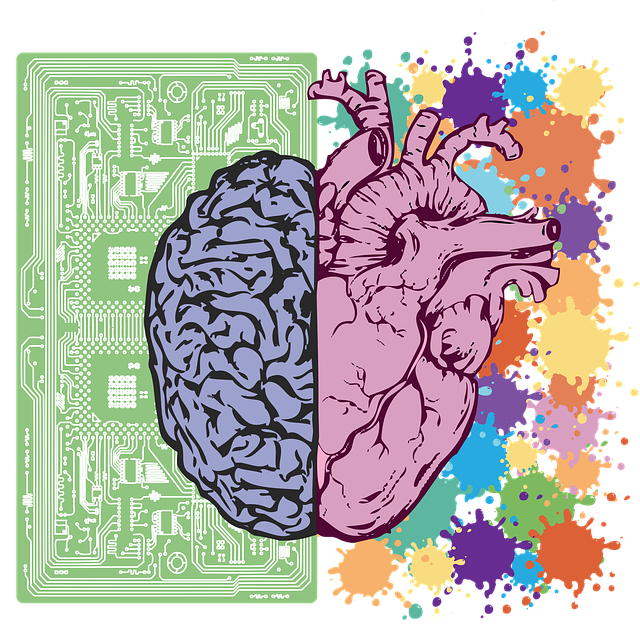- Teacher: Katherine Kominis
Academic Innovation & Distance Education
Search results: 604
- Teacher: John Kordalewski

- Teacher: Naoko Akai-Dennis
- Teacher: Cecile Corona
- Teacher: Elizabeth Charlton

- Teacher: Naoko Akai-Dennis

- Teacher: Naoko Akai-Dennis

- Teacher: Alison Ruch
- Teacher: Ashley Paul

- Teacher: Naoko Akai-Dennis
- Teacher: Bhanumathi Selvaraj
- Teacher: Jesse Briggs
- Teacher: Kyle Kendall
- Teacher: Jesse Briggs
- Teacher: Nicholas Mutter
- Teacher: Miguel Ortiz
- Teacher: Jesse Briggs
- Teacher: Erik Saperstein
- Teacher: Marija Bingulac
- Teacher: Philip Kazanjian
- Teacher: Daze Lee
- Teacher: Andre Robinson

- Teacher: Alison Ruch
- Teacher: Belinda Kadambi
- Teacher: Elizabeth Miller
- Teacher: Douglas Pastel
- Teacher: Douglas Pastel
- Teacher: Marija Bingulac
- Teacher: Jason Klumb
- Teacher: Patricia Colella
- Teacher: Richard Yost
- Teacher: Richard Yost
- Teacher: Richard Yost
- Teacher: Erik Saperstein
- Teacher: David Thrope
- Teacher: Andrea Lyons-Marcotte
- Teacher: David Froust
- Teacher: Maria Puente
- Teacher: Mizuho Arai
- Teacher: Mark Popeney
- Teacher: Professor Kei Larosa

- Teacher: Robert Steeper

Anatomy & Physiology 1
Bio 203-300R
Fall 2025
(This class will not meet face-to-face on campus. It will meet remotely online through Video-Conference Meetings during the scheduled times listed. In addition to remote class meetings, students will participate in coursework independently)
(October 28th – December 16th)
Meeting Tuesday (first virtual meeting Tuesday, October, 28th)
Link for meeting:
https://bhcc.webex.com/meet/arbusch
Instructor: Annette Busch, Ph.D.
E-mail: arbusch@bhcc.mass.edu
(Please allow at least 48 hours for a follow up communication). When communicating via email you must use your BHCC account and you must include the course title and section in the subject. If you do not follow these two rules, I will not be able to respond to you.
Lectures/Labs: Generally, you should plan to meet at these times using the WebEx Training platform. During this time, we will meet as a full class to discuss the weekly readings and assignments. You will use the McGraw-Hill Course Management System, CONNECT, to complete your activities. The section on “Digital Tools” explains the technology you need to use WebEx Training Tool
Prerequisites: Principles of Biology I/Lab (BIO101) or Human Biology/Lab (BIO108) or General Biology I/Lab (BIO195).
Course Description:
This is the first semester of a one-year course that studies the human body. It is primarily
designed for those students pursuing majors in the health professions. Topics include tissues,
and the skeletal, muscular, and nervous system, including the organs of special sense and a
Review of basic chemistry and cellular structure and function. Laboratory work is designed to
supplement the lecture material. The department encourages students to complete Principles of Biology II/Lab (BIO102) and/or Chemical Science I/Lab (CHM110) before enrolling in this course.
Number of credits: 4.0
Course Rationale:
This course will introduce students to the structure and function of several
systems of the human body.
Student Learning Outcomes:
Upon successful completion of this course work, students will be able to:
1. Use the anatomical position, anatomical and directional terminology to identify and describe the location of the major organs of each system covered.
2. Describe the structural levels of organization (molecular, cellular, tissue, organ, system) of the human body and explain the interrelationships among these levels for each organ system studied.
3. Explain the concept of homeostasis and the role of organ systems studied and mechanisms in maintaining homeostasis.
4. Identify and describe the major gross and microscopic components of all systems studied.
5. Explain basic physiological processes of all systems studied.
6. Demonstrate proper use of laboratory equipment, including microscopes, dissection tools, clay muscle models, bones, and virtual simulations, in a safe and ethical manner.
7. Work collaboratively to perform lab procedures/experiments.
8. Demonstrate critical thinking and problem-solving skills.
REQUIRED MATERIAL: All of your course work will be completed through an URL/Websites called Connect. You MUST register for CONNECT! When you click on the link, it will take you to a new web page. CONNECT is REQUIRED!!!!
The link below provides access to the ebook Anatomy and Physiology; by Kenneth Saladin; 10th edition, McGraw-Hill.
How to register
Go to your section registration link and enter your email to register.
Section registration link: https://connect.mheducation.com/class/a-busch-late-start-ap1-fall2025-815
Having trouble registering?
Get help: https://www.mheducation.com/highered/support/connect/first-day-of-class/standalone.html
Remote Courses:
This course is designated as a REMOTE course and will not meet on campus, but the course is as rigorous as an on-campus college course. Students should be aware that they will need to schedule time to succeed on the assignments, as they would for an on-campus course.
Attendance:
You are expected to attend all virtual class meetings.
Students who miss three virtual lab sessions or three lab assignments will receive an F grade for the course.
Course Technology Requirements:
Students will require a reliable computer and fast WiFi or broadband service.
Smartphones and tablets may not give you adequate access to all aspects of the online course material.
Chromebooks may be available for loan through the BHCC campus. Please contact Single Stop for more information at https://www.bhcc.edu/singlestop/
In addition, free internet service may be available in your neighborhood.
https://www.boston.gov/news/internet-connectivity-and-technology-supports-during-covid-19-response
Grading:
Exam 1 = 300 points Reading Assignments* = 100 points Virtual Labs = 300
Exam 2 = 300 points Homework * = 100 points
Exam 3 = 300 points
Lab Exam = 200 points
Total: 1100 points 200 points 300 points
Grand Total: 1600 points
* I will drop 2 of the lowest or missed homework and reading assign.
The final grade is a percentage determined by dividing the total number of points obtained by 1600 points. A letter grade is assigned based on the college's grading system:
A 93-100 C 73-76
A- 90-92 C- 70-72
B+ 87-89 D+ 67-69
B 83-86 D 63-66
B- 80-82 D- 60-62
C+ 77-79 F Below 60
All ASSIGNMENTS AND EXAMS ARE FOUND ON THE HOMEPAGE OF THE CONNECT SITES
Homework:
The Homework assignments are kinesthetic in nature. YOU have 3 attempts and you can "check your work" (It will not tell you the correct answer, only your wrong answers. You can only use it 2 times per question). During the Homework Assignment, you can also receive “hints” by rolling your cursor over the blank entry box. You can also be referenced/remediated back to both the written text and the eBook via the “References” and “Related links” hyperlinks at the bottom of the page. Only your HIGHEST SCORE will be counted towards your final grade. There is a due date for each Homework assignment. NOTE: Assignment due dates will not be extended.
Reading Assignments/Smartbook:
I have also included Reading assignments. These assignments accomplish two things. They will not only assess your knowledge, but they will also serve as a personal “tutor”. It is an artificial intelligence that adapts to your performance (Therefore, you should have READ THE CHAPTER and completed the HOMEWORK first!!!). It will not permit you to progress from Bloom’s Level 1 (Rote memorization) to Bloom’s Level 2 (Understanding), unless you have mastered the concepts first. When you struggle with a concept, and miss multiple questions quizzing that concept, you will be given feedback and be directed to the exact section/page in the text for review. No credit will be given to late assignments. NOTE: Assignment due dates will not be extended.
Exams:
There will be 3 lecture exams based on materials from Chapters covered.
Lecture exam questions will draw from the pool of Practice exam questions, as well as HW, LS, chapter power points, and may include materials covered in the virtual labs. Students are required to submit the exam by the designated due date. NO credit will be given for late submissions. There will be a strict time limit when taking exams. Makeup of exams is not allowed.
NOTE: Assignment due dates will not be extended.
NOTE: Requirement for this class is a computer with a camera and google chrome to be used during quizzes and exams. Exams and quizzes taken without the use of a camera will result in a failing grade.
Practice Lecture Exams:
Students should familiarize themselves with the material posted on the practice exams to prepare for their exams.
They will only be available prior to the scheduled exam date. NOTE: Lecture exam questions will draw from the pool of Practice exam questions, as well as HW, LS, chapter power points, and may include materials covered in the virtual labs.
Lab Test:
There will be one lab test based on practice lab exam questions, as well as HW, LS, quizzes, chapter power points, and may include materials covered in the virtual labs and lab assignments. Students are required to submit the test by the designated due date. No credit will be given for late submissions. There will be a strict time limit when taking exams. Makeup of the lab test is not allowed.
NOTE: Assignment due dates will not be extended.
NOTE: Requirement for this class is a computer with a camera and google chrome to be used during quizzes and exams. Exams and quizzes taken without the use of a camera will result in a failing grade.
Virtual Lab Activities:
You are required to complete designated Anatomy Dissection and Physiology Virtual Labs. These labs can be found in designated Virtual Lab Folders. Students are required to submit virtual labs by due dates. Late assignments will not be accepted. This is a lab science course and therefore these activities are mandatory. Missing three virtual lab activities will result in a failing course grade.
Chapter Power Point Slides:
Power points slides are available to view and study on the assigned chapters
Anatomy and Physiology Revealed (APR):
APR allows access to short chapter animations, histology slides, and dissection material. When you open APR select a module, then select the video, microscope or scalpel icon. Next select all content, then select desired video etc.
The final grade is a percentage determined by dividing the total number of points obtained by 2200 points. A letter grade is assigned based on the college's grading system:
A 93-100 C 73-76
A- 90-92 C- 70-72
B+ 87-89 D+ 67-69
B 83-86 D 63-66
B- 80-82 D- 60-62
C+ 77-79 F Below 60
Getting Help:
If you are having trouble with the material in this course please ask for help.
I am available during scheduled office hours, and by appointment.
The student support center offers help with academic skills and the
Tutoring center will set up study groups and can provide tutoring at
No additional cost to students.
Tasc@bhcc.edu
Statement of Reasonable Accommodation for
Students with Disabilities:
BHCC welcomes students with disabilities to engage in an interactive, collaborative partnership with Disability Services and faculty in order to meet your educational and academic needs. If you have a disability-related need for reasonable academic accommodations in this course and have not yet met with a Disability Counselor, please visit https://www.bhcc.edu/disabilitysupportservices/
and follow the outlined procedure to request services.
If Disability Services has formally approved you for an academic accommodation in this class, please send me your “Faculty Notice of Academic Accommodations” during the first week of the semester, so that we can address your specific needs as early as possible.
College Policies:
There are important college policies that you should be aware of, such as the add/drop policy; cheating and plagiarism policy, grade appeal procedures; accommodations for students with disabilities and the diversity vision statement. These policies are all outlined in the current Credit Catalog
https://www.bhcc.edu/library/policies/
What you should do each week.
· 1. Students should check their BHCC email daily. I will send out emails with announcements of the week on Mondays (BHCC EMAIL ONLY).
2. Students are expected to read and take notes on each chapter in the ebook, according to the weekly course schedule. Also, through connect; students have access to all power points that accompany each chapter in the e-book.
3. Each week students are to submit assigned Homeworks and Learn Smart assignments, Quizzes and Virtual Labs.
4. Prior to lecture exams and lab exam students are encouraged to take (as many times as you would like) a practice exam.
5. Students will take lecture and lab exams. Refer to weekly schedule.
WEEKLY SCHEDULE
LECTURE AND LAB SCHEDULE
All Meetings are Mandatory
Week 1 October 28th:
October 28th FIRST MEETING
All Assignments due September November 5th
You are expected to read the syallbus and register for Connect.
READ THE ENTIRE SYLLABUS AND THE WEEKLY LAB AND LECTURE SCHEDULE
You are required to read the entire course syllabus and you are responsible for understanding and adhering to all the course policies.
Please REGISTER FOR THE ONLINE CONNECT SITE go directly to the link below and register
REQUIRED MATERIAL: All of your course work will be completed through an URL/Website called Connect.
The below link provides access to the ebook Anatomy and Physiology; by Kenneth Saladin; 10th edition, McGraw-Hill.
To register for the book click on this link and follow the directions:
How to register
Go to your section registration link and enter your email to register.
Section registration link: https://connect.mheducation.com/class/a-busch-late-start-ap1-fall2025-815
Having trouble registering?
Get help: https://www.mheducation.com/highered/support/connect/first-day-of-class/standalone.html
CHAPTER 1 and ATLAS A (Major Themes in Anatomy and Physiology)
- Homework Chapter 1 and Atlas A
- SB Reading Assignment Chapter 1 and Atlas A
- Quiz Chapter 1 Atlas A PROCTORED
LAB ACTIVITIES in Person and Virtual
- Go to the connect site and complete the following virtual labs:
Lab 1A APR Body Orientation
Lab 1B Safety Virtual Lab
CHAPTER 2 (Chemistry of Life)
- Homework Chapter 2
- SB Reading assignment. Chapter 2
LAB ACTIVITIES in Person and Virtual
Go to the connect site and complete the following virtual labs:
Lab 2 Chemistry Lab
Week 2: November 4th
All Assignments due November 12th
CHAPTER 3 (Cellular Form and Function) ASSIGNMENTS DUE
- Homework Chapter 3
- SB Reading assign. Chapter 3
LAB ACTIVITIES in Person and Virtual
Go to the connect site and complete the following virtual labs:
Lab 3A Cell Structure (APR)
Lab 3B Cell Physiology (Virtual Lab)
CHAPTER 5 (Histology)
- Homework Chapter 5
- SB Reading assign. Chapter 5
LAB ACTIVITIES in Person and Virtual
Go to the connect site and complete the following virtual labs:
Lab 4 Microscope (Virtual Lab)
Lab 5 Histology (APR)
Week 3 November 11th: EXAM 1(Chapters 1,2,3,5,6 and Atlas A) Holiday NO MEETING
All assignments due on November 19th
CHAPTER 6 (Integumentary)
- Homework Chapter 6
- Reading assign. Chapter
-
LAB ACTIVITIES in Person and Virtual
- Go to the connect site and complete the following virtual labs:
- Lab 6 The Integument (APR)
Week 4 November 18th:
All assignments due November 26th
CHAPTER 7 (Bone Tissue)
- Homework Chapter 7
- Reading assign. Chapter 7
CHAPTER 8 (Skeletal System)
- Homework Chapter 8
- Reading assign. Chapter 8
LAB ACTIVITIES in Person and Virtual
Lab 7 Skeletal System Dissection (APR)
Week 5 November 25th: Lab Exam (ATLAS A, Chapters 1, 3, 5, 6, 8,10,11)
All assignments due on December 3rd
CHAPTER 9 (Joints)
- Homework Chapter 9
- Reading assign. Chapter 9
LAB ACTIVITIES in Person and Virtual
Go to the connect site and complete the following virtual labs:
Lab 8 Joints (APR)
CHAPTER 10 (Muscular System)
Homework Chapter 10
- Reading assign. Chapter 10
LAB ACTIVITIES in Person and Virtual
Go to the connect site and complete the following virtual labs:
Virtual Lab 9 Muscular System Dissection APR
CHAPTER 11 (Muscular Tissue)
- Homework Chapter 11
- SB Reading assign. Chapter 11
Virtual Lab 10 Skeletal Muscle – Muscle Physiology
Week 6 December 2nd: Exam 2 (Chapters 7,8,9,10,11)
All assignments due on December 11th
CHAPTER 12 (Nervous Tissue)
- Homework Chapter 12
- SB Reading assign. Chapter 12
LAB ACTIVITIES in Person and Virtual
Virtual lab 11 Gross Nervous System Lab
Virtual Lab 12 Brain Dissection
CHAPTER 14 (Brain and Cranial Nerves)
- Homework Chapter 14
- Reading assign. Chapter 14
LAB ACTIVITIES in Person and Virtual
Week December 9th :
Exam 3 (Chapters 12, 14, 16)
All assignments due on December 16th
CHAPTER 16 (Sense Organs) Due December 19th
- Homework Chapter 16
- Reading assign. Chapter 16
LAB ACTIVITIES in Person and Virtual
Virtual Lab 13 Special Senses
- Teacher: Annette Busch
It is expected that students of the course come to class on time and prepared with necessary materials and having completed work as assigned and on time as we use them to build upon our skills each class. Most importantly, we are a community of learners, which means that we all contribute to our understandings and growth within the course. As such, students should be prepared to thoughtfully engage with the material and with their peers throughout the varied activities and practice opportunities presented this semester.
Finally, as I want us all to be successful, never hesitate to ask for clarification or help as needed.
- Teacher: Yahaira Marquez

This course focuses on the development of thesis-driven essays supported by multiple sources and tailored to a target audience. Students will gain competency in synthesis, analysis and evaluation of multiple sources as well as demonstrate proficiency in conducting research and applying MLA and/or APA format. Students engage in discussions and activities that enhance their understanding of, make connections to and reflect upon diverse cultures, as they examine power structures. The course satisfies the College's General Education requirement for Research Writing.
- Teacher: Naoko Akai-Dennis
COURSE DESCRIPTION
This course covers the medical environment and staff, patient and staff scheduling, medical documents and computerized medical applications, professional activities and travel arrangements for medical staff, health insurance and HIPAA standards, and ICD and CPT coding. Students use a computerized patient accounting software application to enter patient information, diagnostic and procedure codes, schedule and revise patient and staff appointments, process insurance claims, enter financial transactions, and generate financial reports.
Prerequisite: Keyboarding: Document Generation (OIM101).
- Teacher: Carolyn Jordan

This is a repository for storing information and sharing AI study cases.
Feel free to explore, learn, and contribute knowledge about the practical application of AI, whether you're a beginner or an advanced user.
The goal is to build valuable insights and resources for all faculty, staff, and students.
- dojo owner: Mei-Hua Saml2 Driscoll
Food Service Sanitation (CUL 111) is an introduction to food production practices governed by changing federal and state regulations. Topics to be covered include prevention of food-borne illness through proper handling of potentially hazardous foods (TCS Foods), HACCP procedures, legal guidelines, kitchen safety, facility sanitation, and guidelines for safe food preparation, storing, and reheating. Students will also take the National Restaurant Association ServSafe® examination.
- Teacher: Alicia Harris
Welcome to College Writing II! I enjoy writing and the writing process and I look forward to helping you become a better writer. The syllabus for the course provides all the specific information you need about the course—what it is, what the requirements are, and so on. This is an important document so be sure to refer to it often.
- Teacher: Enzo Silon Surin

This course provides experience in GIS project management and advanced scientific communication. Users will be expected to draft, conduct, and communicate techniques in remote sensing and geographic information systems through a series of multi-step student designed projects. They will also learn from and discuss a wide range of scientific applications for GIS in the modern age.
- Teacher: Kim Frashure
Welcome! Here is how to get started in the course.
Introduction to the course:
Please begin by reviewing the course syllabus. Kindly remember to print and sign a copy of the syllabus acknowledgment form on your first lab session.
Course lectures and assignments:
Please review the course content section vis the week-by-week assignments.
Course communication:
Periodically, over the semester, Instructors will send out information via the announcement section, though the information is simultaneously sent to your college email, I would ask that you review that section weekly to assure you have not missed any updates. There is also a discussion board that students may utilize to communicate weekly with instructors or fellow students, please review that tab for more information. As always, students are encouraged to request office hours, group discussions, or email any questions they may have. Please reach out with any questions!
Resources:
The resource tab is where you can find a great deal of supplemental information to help you succeed in the course. Please review this area as I will reference it throughout the semester when required.
- Teacher: Jesse Briggs
It’s not just tablets and capsules. The various formulations available and how they are administered will be reviewed.
At the end of this lesson, you will be able to:
- Describe at least four types of solid oral dosage forms.
- Describe at least three different liquid oral dosage forms.
- Contrast various topical formulations and reasons for their use.
- List the various parenteral formulations and methods for their administration.
- Describe several systems for oral inhalation of drugs.
- Teacher: Sandeep Agarwal
- Teacher: Indranil Choudhury
- Teacher: Rochelle Furtado
- Teacher: Jaideep Jagasia
- Teacher: Aniket Pawar
- Teacher: Manish Pradhan
- Teacher: Anil Tiwari
- Teacher: Bhushan Wagle
- Teacher: Richard Yost